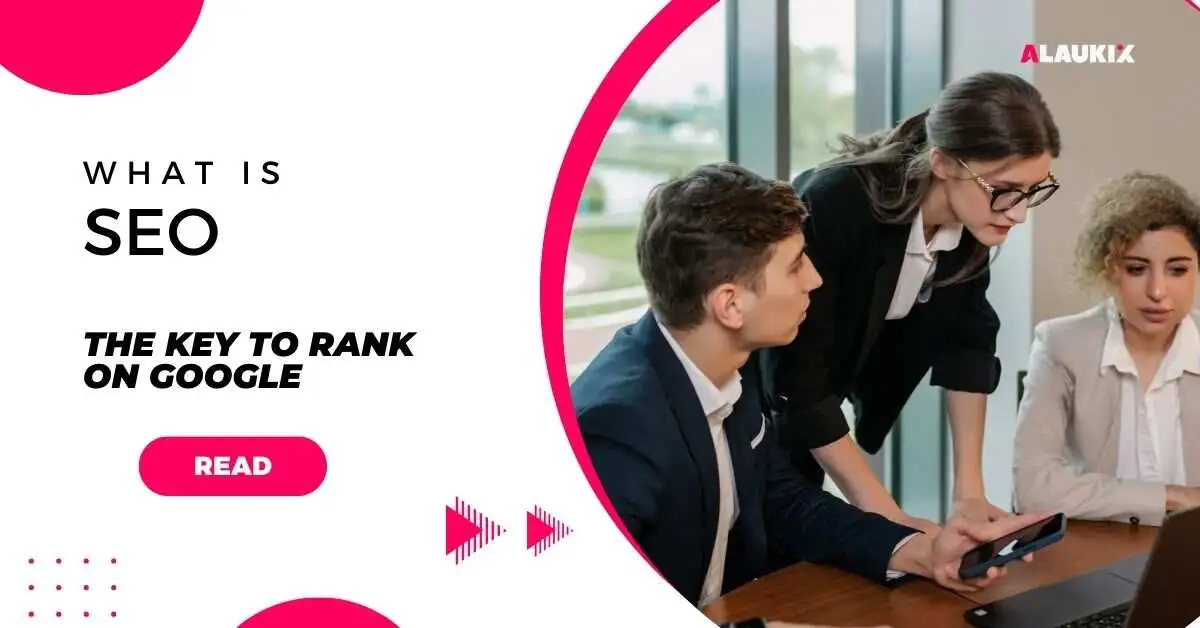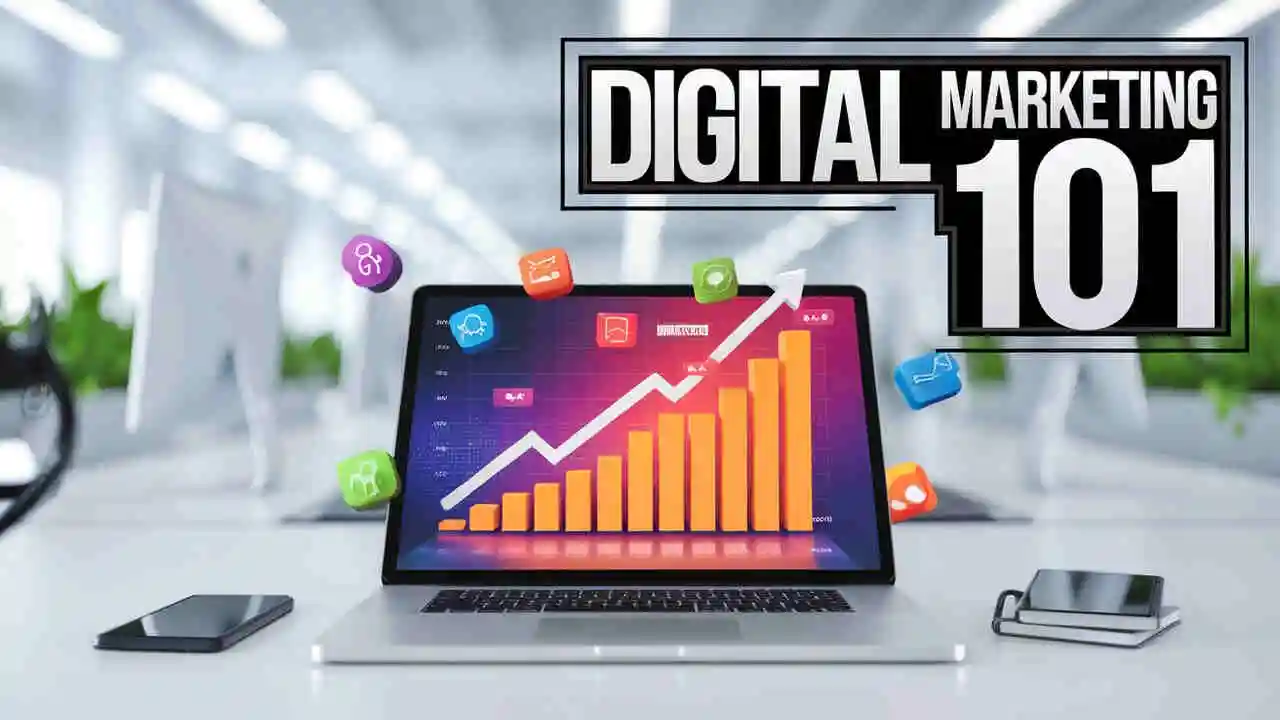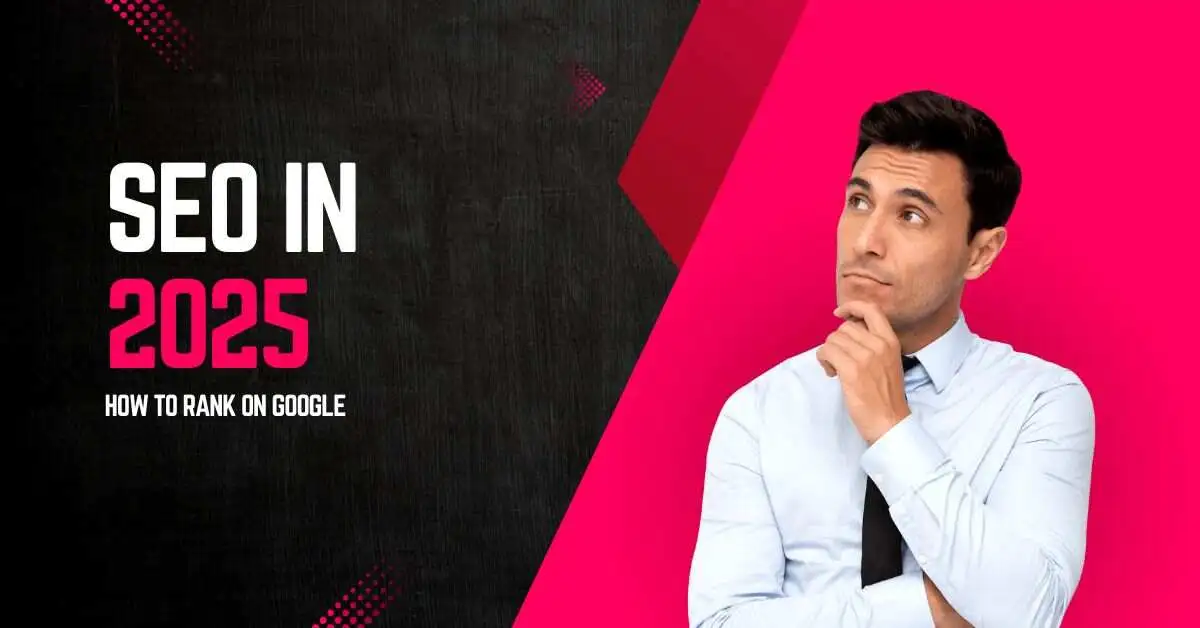Hey there! Ever wonder why some websites always show up on the first page of Google, while others seem to be lost in the void? That magic isn’t just luck—it’s SEO (Search Engine Optimization) doing its thing. If you’re new to SEO, don’t worry! We’re going to break it down step by step so it feels less like jargon and more like a helpful toolkit for your business.
So, What Exactly is SEO?
At its core, SEO is about making sure your website shows up when someone searches for something relevant to your business. It’s like being in the right place at the right time. When done right, SEO helps your site climb to the top of Google (or any search engine), driving more visitors and potential customers to your business without paying for ads.
Imagine you own a coffee shop, and someone nearby searches for “best coffee near me.” If your website is optimized, bam—you’re right there on the first page, ready to welcome them in.
Why Should You Care About SEO?
You might be wondering, “Why go through all this SEO stuff when I can just run ads?” Fair question! While paid ads are great for quick results, SEO is the long game—it’s like planting a garden that keeps giving, season after season. Here’s why SEO is worth your time:
- It Builds Trust and Credibility: People trust organic search results more than paid ads. Showing up on the first page means search engines see you as reliable—and so will your customers.
- It’s Free (Well, Sort of): SEO takes time and effort, but you’re not paying for every click like you do with ads.
- It Helps You Stay Competitive: If your competitors are investing in SEO and you’re not, you’re handing them free traffic.
How Does SEO Work? (A Simple Breakdown)
Think of search engines as librarians. Their job is to recommend the best content for every search query. They scan the entire web to find content that matches what the user is looking for, prioritizing content that’s relevant, well-structured, and trustworthy.
SEO can be broken down into three key areas:
- On-Page SEO:
- This is everything you control on your website—like your content, keywords, headings, and meta descriptions.
- Example: If your coffee shop page has the keyword “best coffee near me,” you’ll likely rank higher when someone searches for it.
- Off-Page SEO:
- This is what happens off your website, like other websites linking back to you (backlinks).
- Example: If a popular food blogger links to your site, it signals to Google that your business is trustworthy.
- Technical SEO:
- This is all the behind-the-scenes stuff, like how fast your website loads or whether it’s mobile-friendly.
- Example: If your site takes forever to load, Google won’t rank you high, no matter how good your content is.
How to Get Started with SEO (Even If You’re a Beginner)
Getting started with SEO might feel overwhelming, but it doesn’t have to be! Here’s a simple plan:
- Do Some Keyword Research:
- Keywords are the words and phrases people type into search engines. Use tools like Google Keyword Planner or Ubersuggest to find the ones that matter most for your business.
- Optimize Your Website Content:
- Make sure each page on your site is clear, easy to read, and uses the right keywords naturally. (Hint: Avoid keyword stuffing. Google hates that.)
- Focus on Mobile-Friendly Design:
- With so many people browsing on their phones, Google gives preference to mobile-friendly websites. Make sure your site looks good and works smoothly on mobile devices.
- Get Backlinks:
- Reach out to other websites in your niche and ask for backlinks. Guest blogging is also a great way to build these links.
- Track Your Results:
- Use tools like Google Analytics and Google Search Console to monitor your website traffic and see how well your SEO efforts are paying off.
How Long Does Search Engine Optimization Take?
Here’s the honest truth: SEO takes time. You won’t see results overnight, but that’s okay. Think of SEO as building a foundation—once it’s solid, it supports everything else you do online. Typically, you’ll start seeing results in 3 to 6 months, but it can vary depending on your industry and competition.
SEO Tools to Make Your Life Easier
You don’t have to do everything manually. Here are a few tools to help you along the way:
- Google Analytics & Search Console: Track website traffic and see which keywords are driving visitors.
- Yoast SEO (for WordPress): Easily optimize your content and meta descriptions.
- SEMrush / Ahrefs: Great for competitive research and tracking backlinks.
Final Thoughts: SEO is a Marathon, Not a Sprint
SEO might seem like a lot of work upfront, but the payoff is worth it. Imagine getting a steady stream of visitors to your website without spending a dime on ads—that’s the beauty of SEO. Just remember: consistency is key. Focus on creating valuable content, optimizing your website, and building trust through backlinks.
If you stick with it, your business will grow—and those search engine crawlers will love you for it!
EXPLORE MORE: What is Digital Marketing for You?





